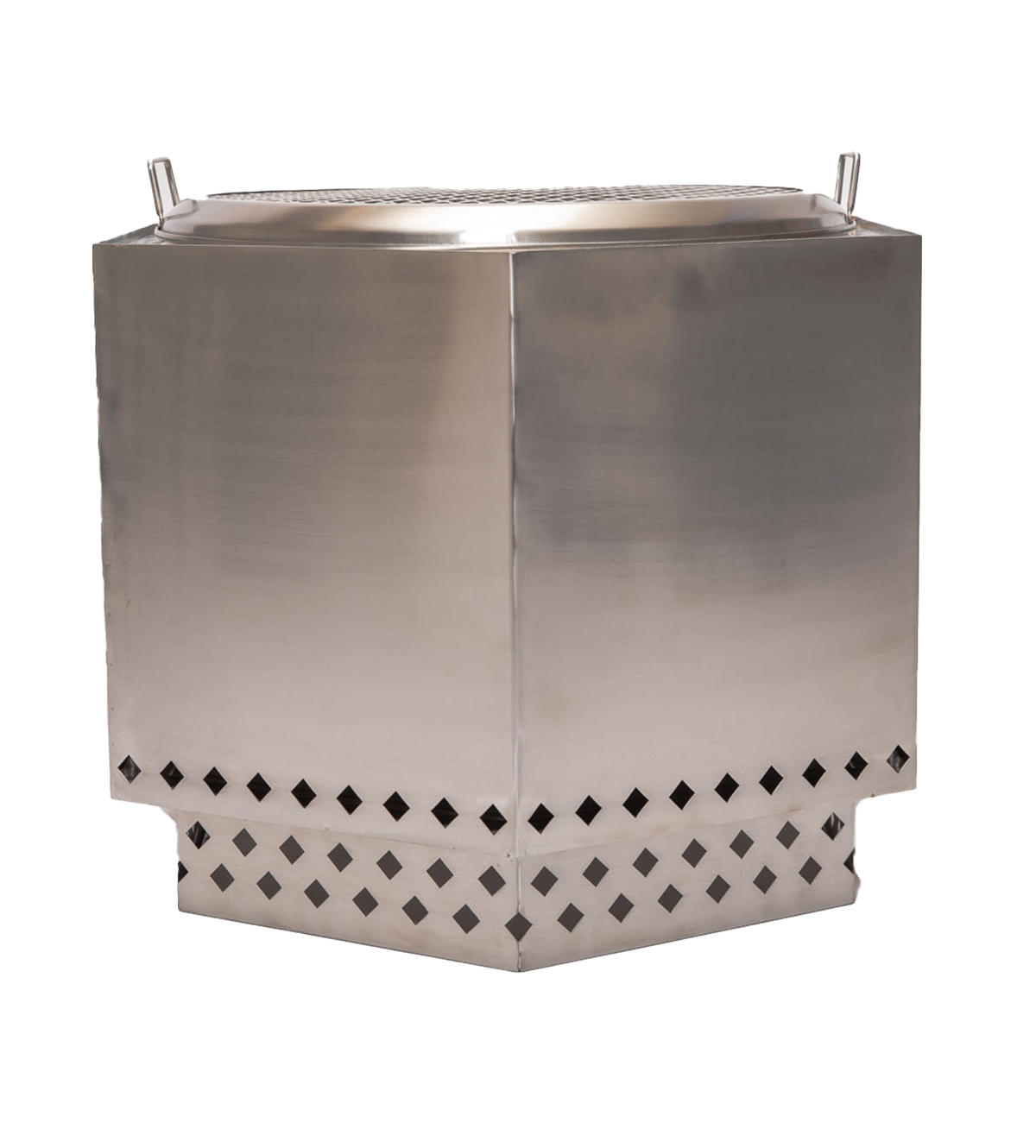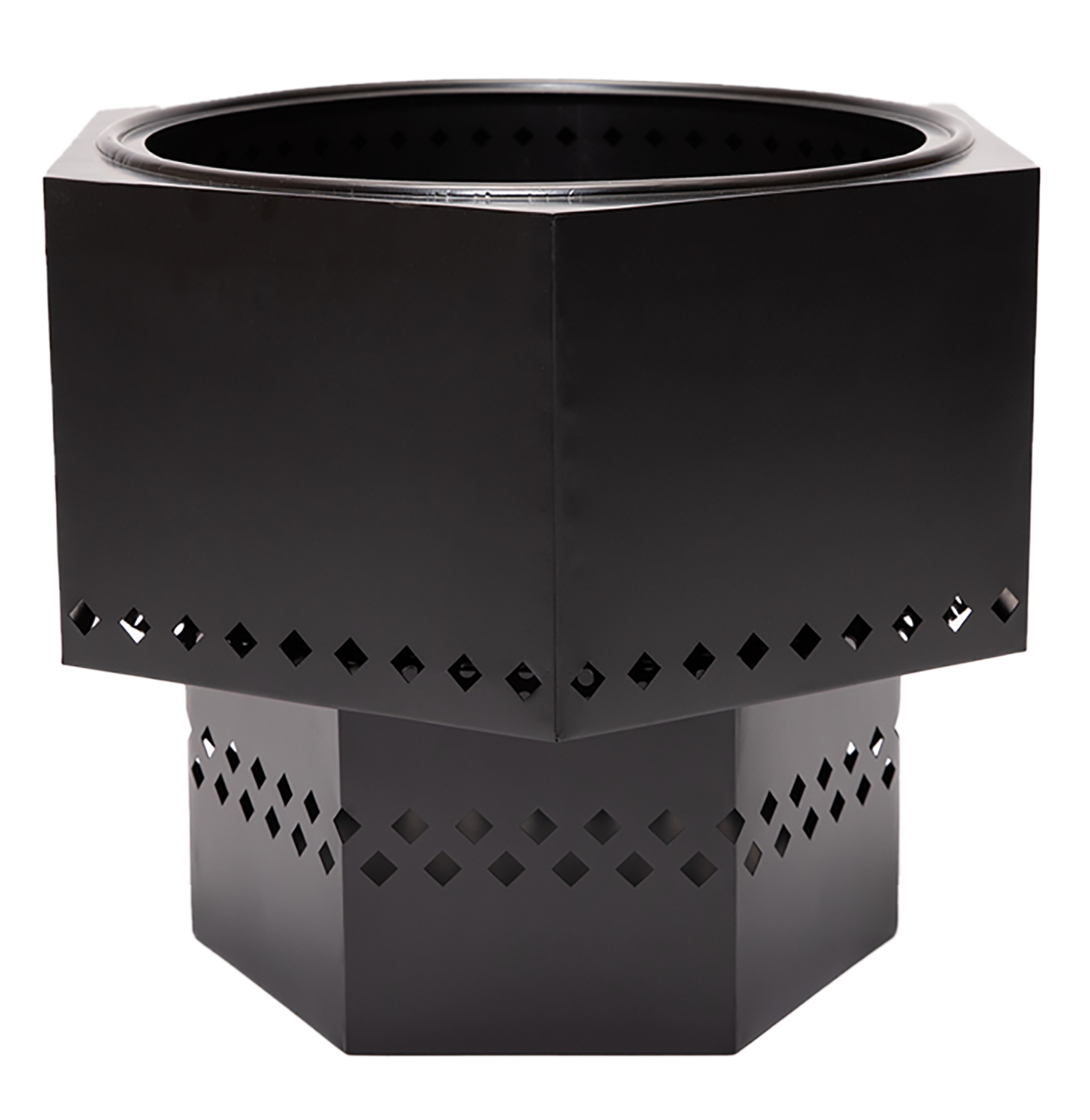As cryptocurrencies become increasingly mainstream, understanding the legal landscape surrounding platforms like Cripto365 in Canada is essential for users seeking secure and compliant transactions. With Canada’s evolving regulations, knowing how to navigate licensing, payment methods, and regional rules can empower investors and merchants alike. This comprehensive guide explores the current state of Cripto365’s availability and payment options within Canada’s legal framework, backed by recent data and real-world examples.
- Navigating Cryptocurrency Licensing Requirements in Canada
- Analyzing How Canadian Retailers Accept Crypto Payments Legally
- Mapping Popular Crypto Onramps and Offramps in Canada
- Assessing Provincial Regulations’ Effect on Crypto Platform Accessibility
- Step-by-Step: Using Cryptocurrency Exchanges Compliant with Canadian Laws
- Comparing Top Crypto Wallets Compatible with Cripto365 in Canada
- Myths vs Facts: Payment Limitations for Cripto365 Users in Canada
- Leveraging Non-Traditional Crypto Payment Methods in Canada’s Market
- Future Trends in Canadian Cryptocurrency Regulation and Their Impact on Cripto365
Navigating Cryptocurrency Licensing Requirements in Canada
Canada’s regulatory framework for cryptocurrencies is defined primarily at the provincial level, with federal agencies like the Financial Transactions and Reports Analysis Centre of Canada (FINTRAC) overseeing compliance standards. To operate legally, platforms such as Cripto365 must obtain appropriate licensing—specifically, a Money Services Business (MSB) registration from FINTRAC, which involves rigorous anti-money laundering (AML) and know-your-customer (KYC) protocols. As of 2023, approximately 72% of crypto exchanges operating in Canada have secured such licenses, ensuring they meet the country’s strict compliance standards.
For Canadian users, this means choosing platforms that are registered and regulated. For example, the exchange BitBuy, licensed by FINTRAC, enforces comprehensive KYC procedures, verifying identities within 24 hours, and ensures all transactions adhere to AML regulations. Failure to comply can lead to hefty penalties—up to CAD 5 million—and operational shutdowns, making licensing a critical factor for users seeking secure access to Cripto365 services.
Analyzing How Canadian Retailers Accept Crypto Payments Legally
In Canada, the acceptance of cryptocurrency payments by retailers is governed by provincial tax laws and federal anti-money laundering regulations. Current data indicates that over 40% of small to medium-sized businesses now accept cryptocurrencies like Bitcoin and Ethereum, motivated by lower transaction fees and faster settlement times. Major retailers such as Newegg Canada and Shopify merchants have integrated crypto payment gateways, but adherence to legal standards remains crucial.
For example, Shopify’s platform allows merchants to incorporate third-party crypto payment processors that comply with Canadian AML and KYC laws, ensuring transactions are traceable and transparent. Merchants must report crypto earnings as taxable income, and sales exceeding CAD 30,000 are subject to Goods and Services Tax (GST). This legal compliance fosters consumer trust and protects businesses from potential regulatory penalties.
Mapping Popular Crypto Onramps and Offramps in Canada
Crypto onramps and offramps refer to platforms that facilitate fiat-to-crypto and crypto-to-fiat conversions. In Canada, several reputable options exist, such as Bitbuy, Coinsquare, and Kraken, each offering different features and compliance levels. For instance, Kraken provides instant deposits via Interac e-Transfer, with 95% of transactions settled within 30 minutes, and supports CAD withdrawals up to CAD 100,000 per day.
These platforms typically require users to complete KYC procedures, verifying identities within 24 hours for most transactions. Moreover, popular onramps like Shakepay enable users to buy and sell cryptocurrencies with minimal fees—around 1.5% per trade—and support instant withdrawals to Canadian bank accounts. Understanding the nuances of these gateways helps users choose compliant, efficient options for their crypto activities.
Assessing Provincial Regulations’ Effect on Crypto Platform Accessibility
Provincial regulations significantly influence the availability and operational scope of crypto platforms in Canada. For example, Ontario’s Securities Commission (OSC) has implemented stricter rules, requiring crypto exchanges to register as securities dealers, which has led to the suspension of some services. Conversely, provinces like Alberta and British Columbia have adopted more permissive approaches, allowing platforms to operate with less stringent oversight.
Case study: In 2022, the OSC approved the registration of a local exchange, CoinSmart, which adheres to provincial AML and KYC standards, thereby expanding access for Ontario residents. Meanwhile, platforms not registered face restrictions or bans, limiting user options. This regional variation underscores the importance for investors to verify platform licensing status within their province.
Step-by-Step: Using Cryptocurrency Exchanges Compliant with Canadian Laws
- Choose a licensed exchange such as Bitbuy or Coinsquare that is registered with FINTRAC.
- Complete KYC procedures, including submitting government-issued ID and proof of address, typically within 24 hours.
- Link your Canadian bank account for fiat deposits, which are supported via Interac e-Transfer, e-wallets, or wire transfer.
- Deposit CAD, noting that minimum deposits often start at CAD 50-$100, depending on the platform.
- Buy cryptocurrencies like Bitcoin, Ethereum, or stablecoins, with transaction fees averaging 1.5-2%.
- Secure your holdings in a compliant wallet, either custodial or non-custodial, ensuring private keys are protected.
Following these steps ensures compliance with Canadian laws, providing a secure environment for trading on platforms such as Cripto365.
Comparing Top Crypto Wallets Compatible with Cripto365 in Canada
| Wallet Type | Supported Cryptos | Security Features | Compatibility with Cripto365 | Fees |
|---|---|---|---|---|
| Ledger Nano X | Bitcoin, Ethereum, Ripple, Litecoin, and more | Hardware-based, PIN protection, Secure Element chip | Compatible for storing crypto before transferring to Cripto365 | One-time purchase (~$150), no ongoing fees |
| MetaMask | Ethereum and ERC-20 tokens | Private keys stored locally, password protected | Integrated with decentralized exchanges supporting Cripto365 | Free, network fees apply |
| Exodus Wallet | Multiple cryptos including Bitcoin, Ethereum, and more | Encrypted private keys, biometric security on mobile | Supports transfers compatible with Cripto365 | Free download, optional exchange fees |
Myths vs facts: Payment limitations for Cripto365 Users in Canada
Many users believe that Canadian regulations impose strict payment limits on crypto platforms, but data shows otherwise. For instance, Cripto365 users can deposit up to CAD 10,000 per day without additional verification, and the platform enforces a weekly withdrawal cap of CAD 50,000—aligned with AML standards. These limits are designed to prevent fraud, not restrict legitimate trading.
Contrary to myths, Canadian law does not prohibit large transactions; rather, it mandates reporting of transactions exceeding CAD 10,000 to FINTRAC. This transparency ensures that compliant platforms like Cripto365 can facilitate high-volume trading safely, provided users adhere to verification procedures. Real-world example: a high-net-worth individual successfully transferred CAD 150,000 in a single week via registered exchange, demonstrating legal and practical feasibility.
Leveraging Non-Traditional Crypto Payment Methods in Canada’s Market
Innovative payment methods such as stablecoins (USDC, DAI) and decentralized finance (DeFi) protocols are gaining traction in Canada. These methods offer advantages like instant settlement and reduced fees—often below 0.5%. For example, merchants accepting USDC via platforms like Circle can receive payments within seconds, avoiding traditional banking delays of 1-3 business days.
Moreover, peer-to-peer (P2P) trading platforms like LocalBitcoins enable Canadians to buy and sell crypto directly, bypassing traditional gatekeepers. While these methods expand options, they must be used cautiously, ensuring compliance with AML and KYC standards to avoid legal issues. Experts suggest that integrating stablecoins into business models could increase transaction efficiency by up to 40% compared to traditional fiat conversions.
Future trends in Canadian cryptocurrency regulation and their impact on Cripto365
Looking ahead, Canadian regulators are expected to introduce clearer guidelines for decentralized finance and stablecoins over the next 2 years. The government plans to establish a dedicated regulatory sandbox for innovative FinTech solutions, encouraging responsible growth while maintaining compliance. Industry analysts predict that by 2025, over 85% of crypto exchanges will adopt real-time AML screening tools, reducing transaction times to under 15 minutes.
Furthermore, potential legislation may impose standardized licensing, similar to the European Union’s MiCA regulation, which could streamline cross-border crypto operations. For Cripto365, adapting proactively to these changes—such as integrating automated KYC systems and expanding legal offerings—will be vital to maintaining compliance and market share.
Summary and Next Steps
Understanding Canada’s complex legal landscape around cryptocurrencies is crucial for safe, compliant participation in platforms like Cripto365. Ensuring proper licensing, choosing regulated exchanges, and leveraging compliant wallets can mitigate risks and optimize trading efficiency. As regulations evolve, staying informed through official sources and consulting legal experts will be essential. For more detailed insights, visit https://cripto365.org.uk/ and explore how to align your crypto activities with Canadian law effectively.










